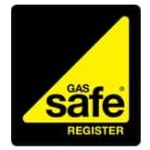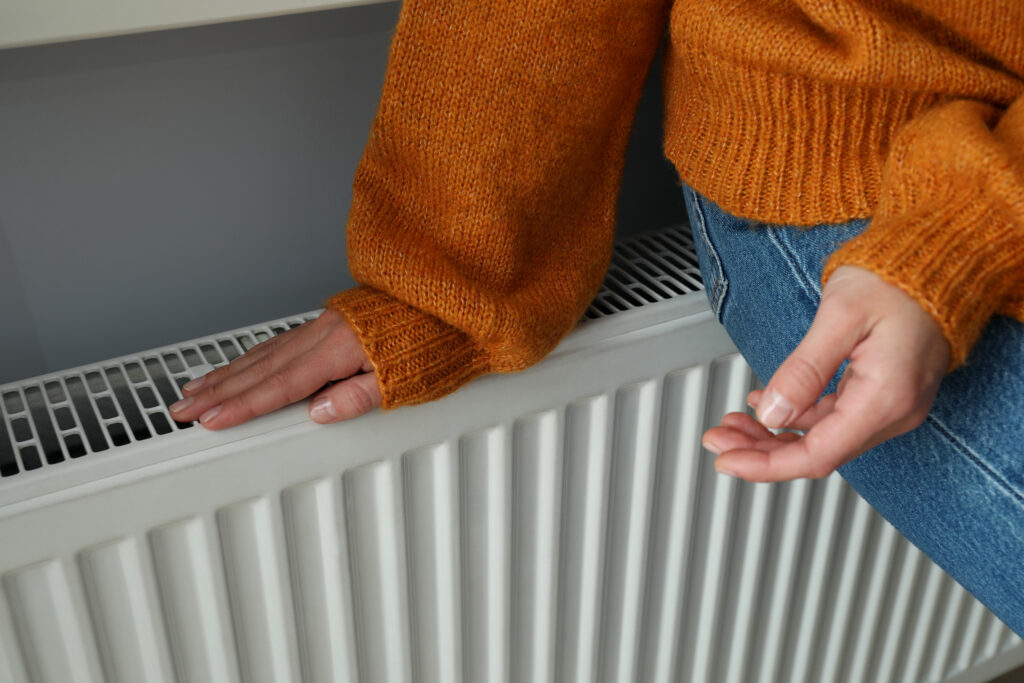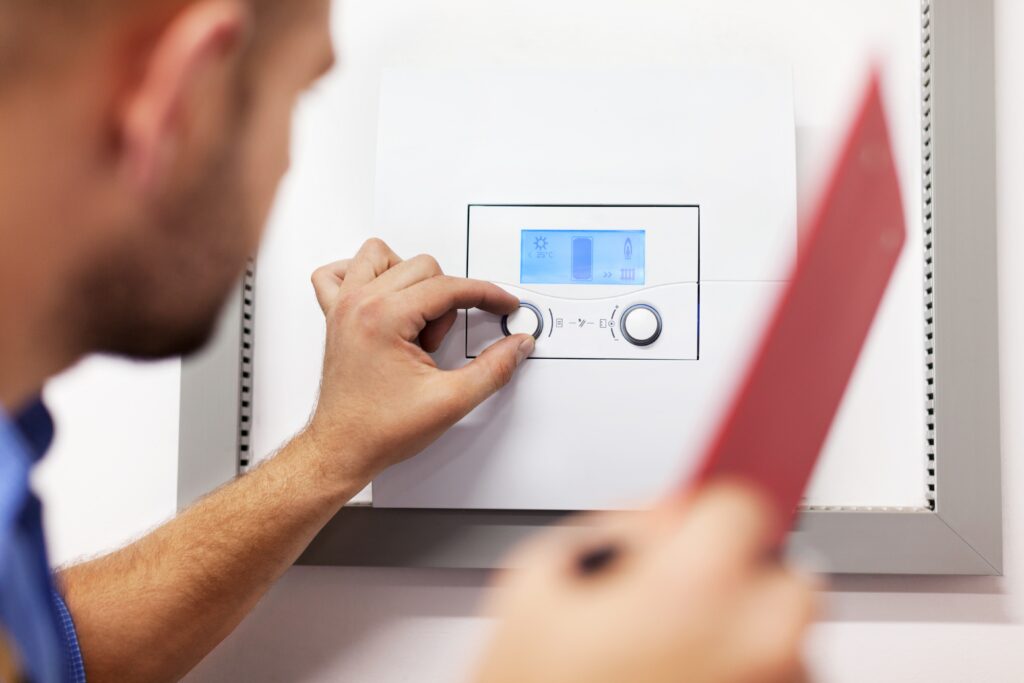Gas Safety Certificate for Landlords: A Comprehensive Guide
Gas safety is a vital aspect of property management in the UK, particularly for landlords. Ensuring the safety of tenants by complying with legal requirements is not just a moral responsibility but also a legal obligation. Among these requirements, obtaining a Gas Safety Certificate plays a pivotal role. In this guide, we will explore what a Gas Safety Certificate is, why it is essential, what is required to obtain one, and how landlords can remain compliant with UK regulations.
What is a Gas Safety Certificate?
A Gas Safety Certificate, officially known as a Landlord Gas Safety Record (LGSR), is a legal document issued by a Gas Safe registered engineer after a thorough inspection of gas appliances and systems in a property. This certificate confirms that all gas-related installations, including boiler installations, meet safety standards and are safe for use.
The document includes:
- A description and location of each inspected appliance.
- Details of any defects or issues found.
- Results of safety checks performed on the appliances.
- Confirmation of compliance with gas safety standards.
Landlords are required to obtain this certificate annually to ensure ongoing compliance and safety for their tenants.
Why is a Gas Safety Certificate Important?
Gas safety certificates serve multiple critical purposes, including:
- Legal Compliance: Under the Gas Safety (Installation and Use) Regulations 1998, landlords must ensure all gas appliances and systems in rental properties are safe.
- Tenant Safety: Faulty gas appliances can lead to leaks, fires, or carbon monoxide poisoning, posing serious risks to tenants.
- Avoidance of Legal Penalties: Non-compliance with gas safety regulations can result in hefty fines or legal action.
- Insurance Validity: Some insurance policies require proof of compliance with gas safety standards.
Who Needs a Gas Safety Certificate?
All landlords in the UK renting out properties with gas appliances or systems must secure a Gas Safety Certificate. This includes:
- Private landlords
- Social housing providers
- Property management companies
Even if the property is rented out on a short-term basis (e.g., holiday lets), the requirement for a valid gas safety certificate applies.
Gas Safety Certificate Requirements for Landlords
To obtain a Gas Safety Certificate, landlords must meet the following requirements:
1. Annual Gas Safety Checks
Landlords must arrange for a Gas Safe registered engineer to inspect gas appliances, flues, and pipework annually. The check includes:
- Assessing the condition and operation of appliances.
- Ensuring proper ventilation.
- Testing flues to confirm they are clear and operating correctly.
2. Use of Gas Safe Registered Engineers
Only engineers listed on the Gas Safe Register are legally allowed to perform gas safety inspections. Landlords can verify an engineer’s credentials on the official Gas Safe Register website.
3. Documentation and Record-Keeping
Landlords must:
- Provide tenants with a copy of the Gas Safety Certificate within 28 days of the inspection.
- Retain records of certificates for at least two years.
- Ensure that new tenants receive a copy of the most recent certificate upon moving in.
4. Timely Repairs
If the inspection uncovers any issues, landlords are required to address these immediately. Appliances that pose a risk must be decommissioned until they are repaired or replaced.
Steps to Obtain a Gas Safety Certificate
Obtaining a Gas Safety Certificate involves a straightforward process:
- Schedule an Inspection
Arrange for a Gas Safe registered engineer to visit the property and conduct the required checks. - Prepare the Property
Ensure all gas appliances, such as boilers, ovens, and heaters, are accessible for inspection. - Review the Certificate
After the inspection, review the Gas Safety Certificate for details of any remedial actions needed. - Distribute Copies
Provide tenants with their copy of the certificate promptly.
Common Issues Found During Gas Safety Inspections
Several issues may arise during gas safety checks, including:
- Blocked or damaged flues.
- Poor ventilation of gas appliances.
- Gas leaks or inadequate pipework.
- Faulty or outdated appliances.
Addressing these issues promptly not only ensures compliance but also prevents potential hazards.
What Happens if a Landlord Fails to Comply?
Failure to obtain or renew a Gas Safety Certificate can lead to severe consequences:
- Fines and Penalties
Landlords may face fines of up to £6,000 per violation or imprisonment in extreme cases. - Prohibition Notices
Authorities may issue a prohibition notice, restricting the use of unsafe appliances or systems. - Increased Liability
Landlords without a valid Gas Safety Certificate are liable for any injuries or damages resulting from gas-related incidents in their property.
Tips for Staying Compliant as a Landlord
To ensure compliance with gas safety regulations, landlords should:
- Plan Ahead: Schedule annual gas safety checks well in advance of the due date.
- Maintain Clear Records: Keep all certificates and repair records organised.
- Educate Tenants: Inform tenants about the importance of gas safety and encourage them to report issues promptly.
- Stay Updated on Legislation: Regulations may evolve, so landlords should stay informed about changes to gas safety laws.
Costs Associated with Gas Safety Certificates
The cost of obtaining a Gas Safety Certificate varies based on factors such as location, the number of appliances inspected, and the engineer’s fees. On average, landlords can expect to pay between £60 and £150.
Investing in regular maintenance and servicing can help reduce long-term costs by preventing major repairs or replacements.
Role of Professional Gas Engineers
Hiring a professional Gas Safe registered engineer is crucial for compliance and peace of mind. These experts:
- Conduct thorough inspections.
- Provide recommendations for maintaining appliance efficiency.
- Issue valid Gas Safety Certificates upon successful checks.
FAQs about Gas Safety Certificates for Landlords
1. How long is a Gas Safety Certificate valid?
A Gas Safety Certificate is valid for 12 months from the date of inspection.
2. Do I need a Gas Safety Certificate if there are no gas appliances in my property?
If there are no gas appliances, a certificate is not required. However, landlords should confirm this with a Gas Safe registered engineer.
3. Can I use the same certificate for multiple properties?
No, each property requires its own Gas Safety Certificate.
4. What happens if tenants refuse access for inspections?
Landlords should document all attempts to arrange access and seek legal advice if necessary.
5. Are tenants responsible for gas safety?
Tenants are responsible for maintaining gas appliances they own and reporting any issues with landlord-provided equipment.
6. Can a gas safety inspection include appliance servicing?
Yes, many engineers offer combined services to save time and cost.
Thanks for reading todays blog from Heat-Tec
A Gas Safety Certificate is a cornerstone of landlord responsibilities in the UK, ensuring tenant safety and regulatory compliance. By conducting annual inspections, addressing issues promptly, and keeping clear records, landlords can protect their properties and avoid legal repercussions.
Regular communication with tenants and professional support from Gas Safe registered engineers will further streamline the process, fostering a safer living environment for all parties. Contact Heat-Tec today if you need any help with these matters.






